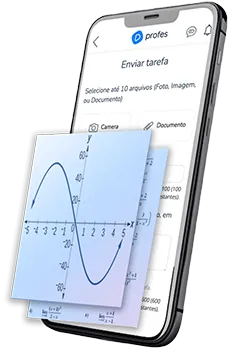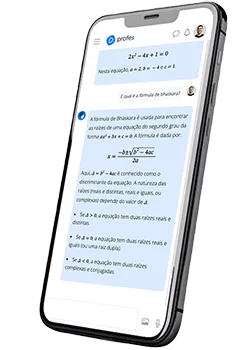Adverbs of Time Used with the Present Perfect Tense
Just
- Refer to events that recently occurred
Examples:
Are you hungry? – No, I’ve just had dinner.
Is Tom here? – No, I’m afraid he’s justgone out.
Already
- An action that has happened at an unspecified time before now. It suggests that there is no need for repetition
- Can be placed before the main verb (past participle) or at the end of the sentence
Examples:
What time does the film start? – It has already started.
What time does the film start? – It has started already.
Yet
- Refer to events that have occurred up to now
Examples:
He hasn’t arrived yet.
Have you eaten the apples yet?
For
- Talk about a period or duration of time
- Doesn’t have to be an exact number, but it needs to refer to a period of time
Examples:
He has lived in Paris for a long time.
We’re going to New York for the weekend.
Since
- Refer to a specific point in time
Examples:
I have lived here since 2010.
I have been walking since 5 p.m.
Ever/Never
- Express the idea of an unidentified time before now
- Always placed before the main verb (past participle)
Examples:
He has never been abroad.
Have you ever been to Europe?


